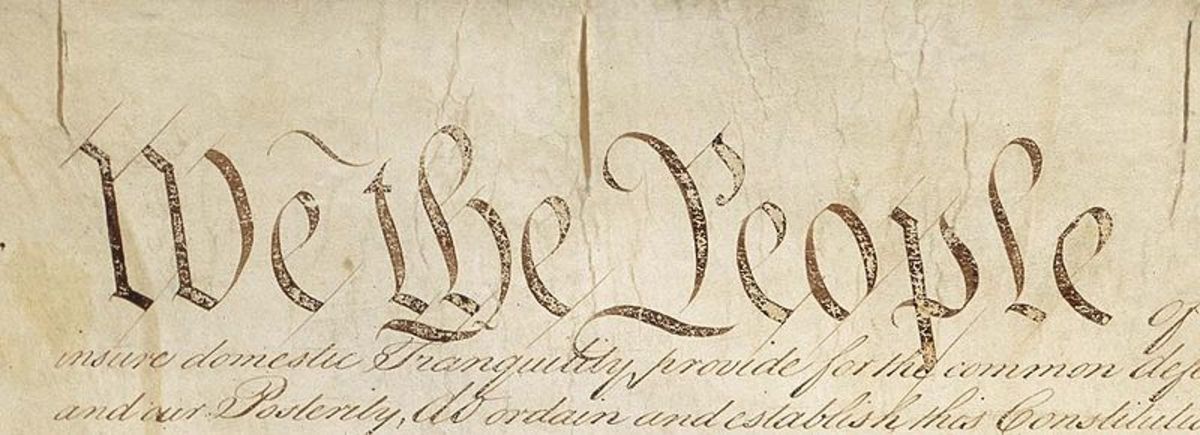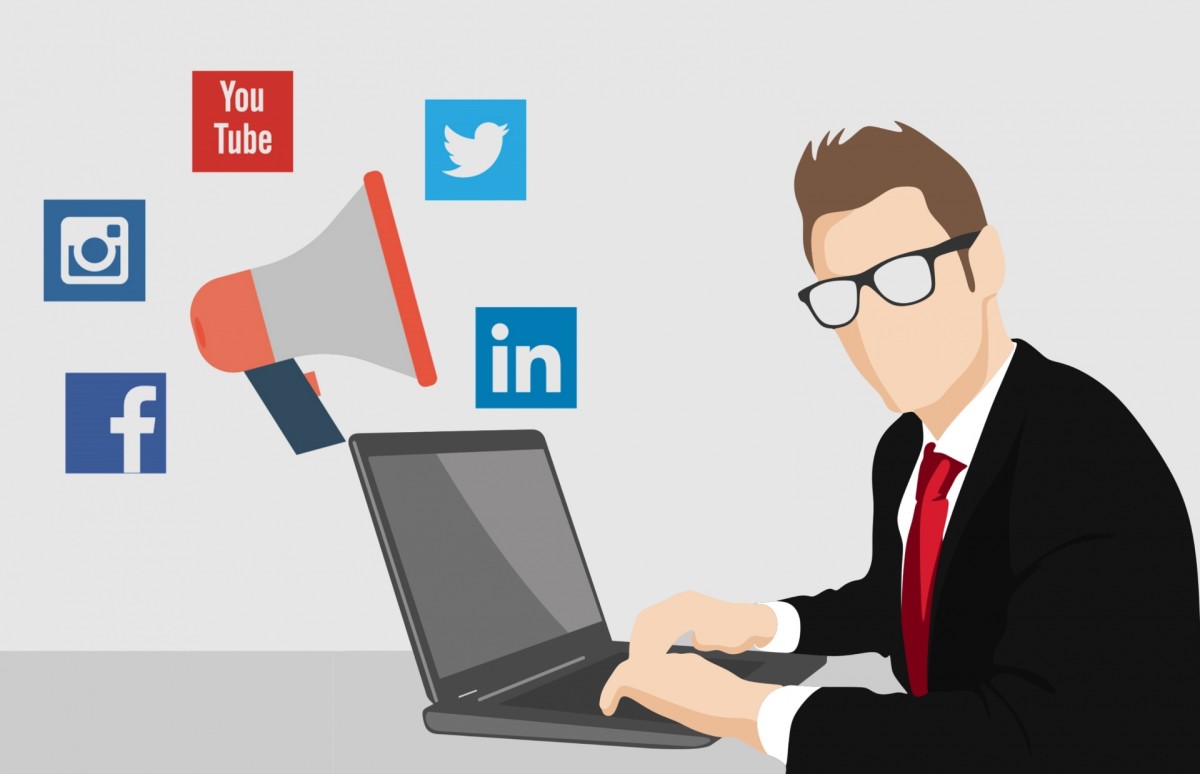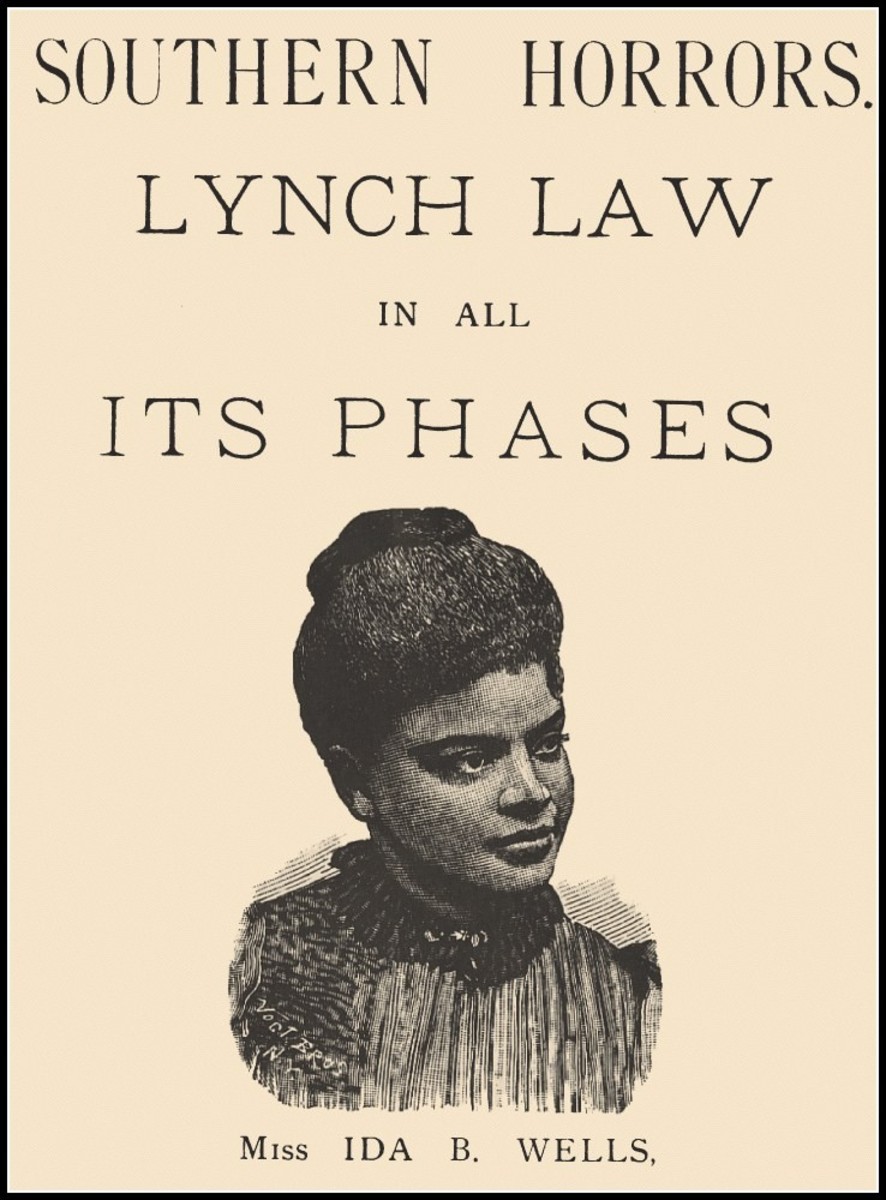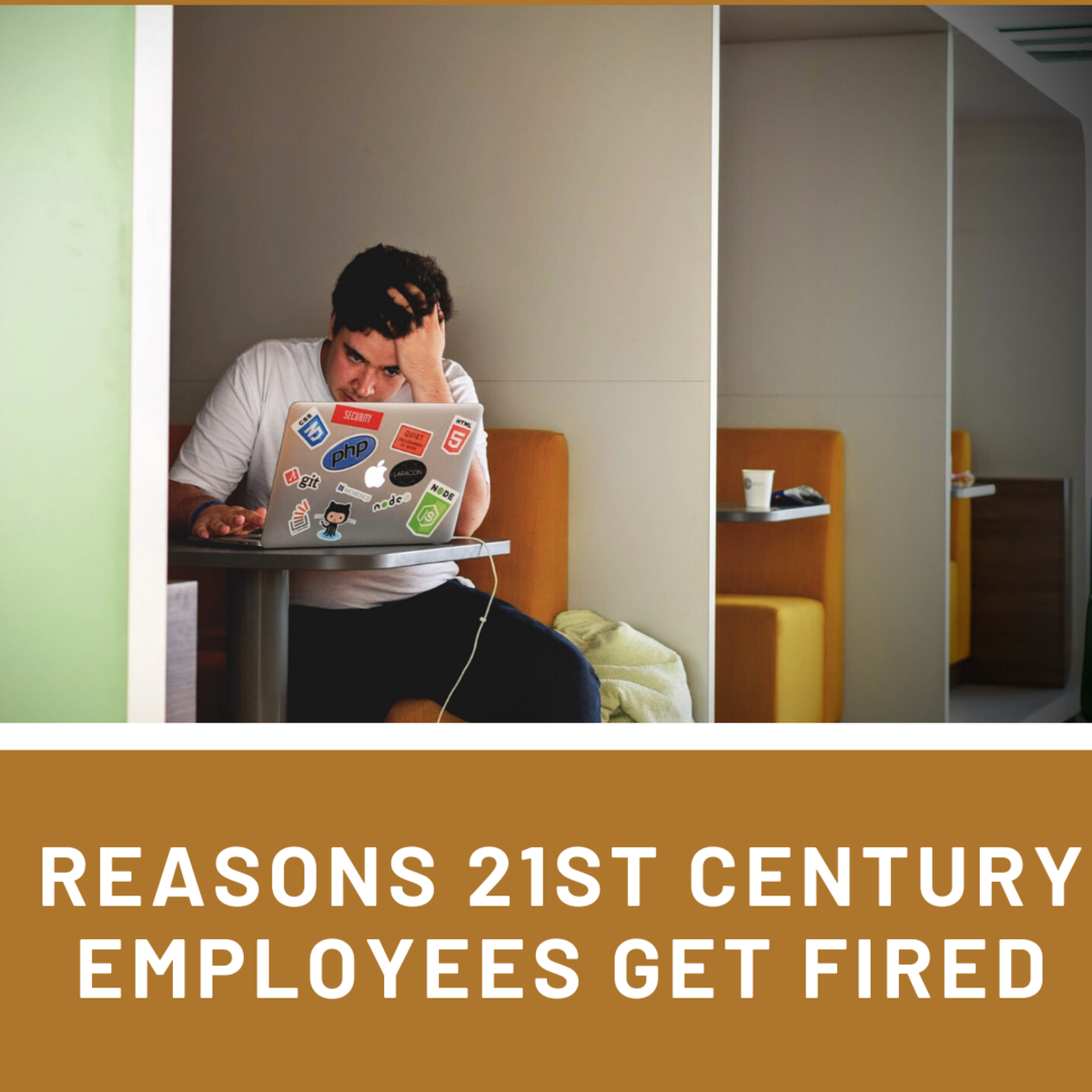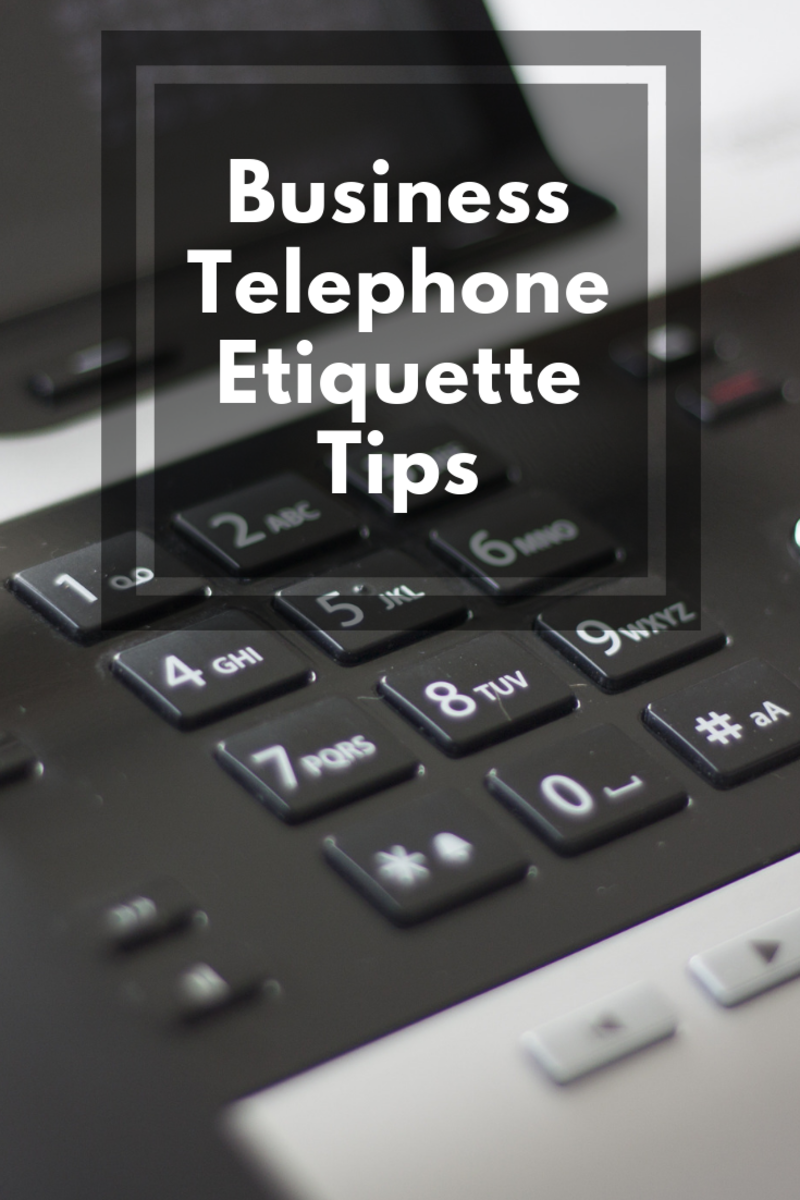Free Speech vs. Professionalism: From Tweets to Termination
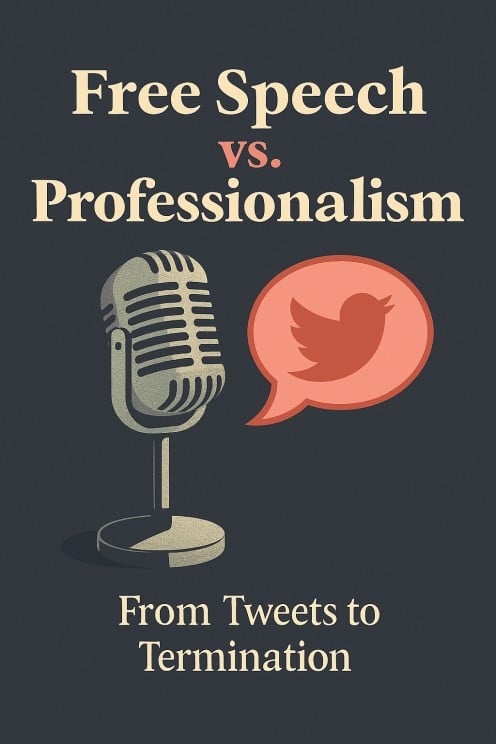
When Words Become Wounds: Free Speech, Professionalism, and the Fallout of Public Grief
In the aftermath of conservative figure Charlie Kirk’s assassination, the digital landscape erupted—not with silence or solemnity, but with a cacophony of reactions ranging from grief to glee. Social media, once a space for connection and catharsis, became a battleground of moral reckoning. As posts celebrating or mocking his death circulated, employers across industries began to respond swiftly—terminating or suspending individuals who had made inflammatory, violent, or disparaging remarks online.
This unfolding controversy has reignited a long-simmering debate: Should freedom of speech protect individuals from professional consequences, especially when their words touch on death, violence, or political division? Or does the workplace have a right—even a responsibility—to uphold standards of respect, especially in moments of national mourning?
From tenured professors to commercial pilots, the list of those facing disciplinary action grows. And with each case, the tension between personal expression and professional decorum becomes more fraught. What does it mean to speak freely in an era where every post is a potential liability? Where is the line between moral outrage and workplace misconduct? And who gets to draw it?
This moment demands more than reactive policies—it calls for a cultural reckoning. We must examine not only the legal boundaries of speech, but also the ethical and emotional terrain we now inhabit. In a nation grieving, divided, and digitally exposed, the question isn’t just what we’re allowed to say. It’s what our words reveal about the values we carry, the empathy we extend, and the consequences we’re willing to bear.
The Legal Landscape: What Free Speech Actually Protects
In the age of digital expression, many believe the First Amendment offers a blanket of protection for anything said online. But that’s a myth—one that often unravels in the workplace. The First Amendment is a safeguard against government censorship, not a shield from the consequences imposed by private employers. It protects your right to speak freely, but not your right to remain employed after doing so.
Private Sector Employees: The “At-Will” Reality
Most Americans work under “at-will” employment contracts, meaning they can be terminated for any lawful reason—or no reason at all. That includes social media posts deemed offensive, divisive, or disruptive to company values. Whether it’s a tweet, a meme, or a comment on a public figure’s death, employers are legally within their rights to sever ties if they believe your words compromise the workplace’s integrity or reputation.
Public Sector Employees: A Narrow Path of Protection
Government employees do retain some First Amendment protections, but they’re not absolute. Courts apply a nuanced test to determine whether speech is protected:
-
The speaker must act as a private citizen, not in an official capacity.
-
The speech must address a matter of public concern, such as political discourse or social justice—not personal grievances or workplace drama.
-
The speech must not disrupt workplace efficiency, morale, or harmony.
Even when these conditions are met, courts weigh the employee’s right to speak against the employer’s duty to maintain a respectful, safe, and productive environment. This balancing act is delicate—and often leans toward preserving institutional order over individual expression.
The Cultural Undercurrent
Beyond legality lies a deeper question: What kind of culture are we cultivating when speech becomes a liability? Are we fostering environments where moral clarity and civic engagement are punished, or are we protecting spaces from becoming battlegrounds of ideological warfare?
In moments of national grief or political upheaval, the line between personal expression and professional responsibility grows thin. And while the law may allow employers to act, the ethics of such decisions remain contested. What we say matters—but so does how we hold space for disagreement, mourning, and moral complexity.
Codes of Conduct and the Cost of Commentary: When Employers Respond to Speech
In moments of national grief and political rupture, words carry weight—and consequences. As social media becomes a stage for both mourning and mockery, employers are increasingly stepping in, not just as arbiters of professionalism, but as guardians of public trust. The recent wave of terminations following online reactions to Charlie Kirk’s assassination reveals a sobering truth: speech may be free, but it is not without cost.
Corporate Values and Public Image
Employers have wide latitude to enforce codes of conduct, especially when an employee’s speech is seen as undermining the company’s mission, values, or reputation. This discretion extends beyond the workplace and into the digital realm, where off-the-clock posts can still reflect on the brand.
Many organizations have explicit social media policies that prohibit:
-
Hate speech or discriminatory remarks
-
Threats or incitement to violence
-
Commentary that could damage public perception or stakeholder trust
Violating these policies—even in a personal capacity—can result in disciplinary action, including termination. The rationale is simple: companies are not just protecting their bottom line, but the emotional safety of their teams and the integrity of their public image.
Exceptions and Protections: A Narrow Path
There are exceptions, but they are limited and context-dependent.
-
Under the National Labor Relations Act (NLRA): Employees are protected when engaging in “concerted activity,” such as discussing wages, working conditions, or labor organizing. This protection does not extend to speech that glorifies violence, promotes hate, or disrupts workplace harmony.
-
State-Level Protections: A handful of states offer some safeguards for political expression, but these laws vary widely and rarely shield speech that is inflammatory, celebratory of death, or perceived as threatening.
Recent Fallout: A Cultural Reckoning
In recent days, major companies—including Microsoft, Office Depot, and Nasdaq—have terminated employees for posts that appeared to celebrate or trivialize Charlie Kirk’s death. Universities have suspended faculty members, citing violations of professional standards. Even a Secret Service agent was placed on leave, underscoring how deeply this moment has pierced institutional boundaries.
These decisions reflect more than policy enforcement—they signal a cultural shift. Employers are no longer neutral observers of public discourse. They are active participants in shaping the moral tone of their organizations, and by extension, the nation.
The Ethical Dilemma: Free Expression vs. Moral Boundaries
The assassination of Charlie Kirk has done more than shake political circles—it has unearthed a troubling cultural undercurrent: the growing normalization of political violence and the erosion of empathy in public life. What once might have been met with solemn reflection now risks being reduced to spectacle, sarcasm, or ideological scorekeeping.
In the days following Kirk’s death, social media lit up with polarized reactions. Some argued that his rhetoric had long provoked outrage, and that backlash—even in death—was inevitable. Others were quick to condemn the celebratory tone of certain posts, insisting that mocking a man’s murder, regardless of political stance, crosses a moral line that no society should normalize.
Even comedian and commentator Bill Maher weighed in, calling those who mocked Kirk’s death “gross” and warning that “too many people think the way to prove someone wrong is to eliminate them from talking altogether.” His words echo a deeper concern: that our culture is losing the ability to disagree without dehumanizing, to critique without cruelty, and to mourn without tribalism.
The Workplace as Moral Mirror
This moment raises a critical question for employers: Should workplaces tolerate employees who publicly endorse or trivialize violence, even when it’s cloaked in political critique or framed as free speech?
In an era where personal platforms are indistinguishable from professional reputations, employers are increasingly being called to act—not just as enforcers of policy, but as stewards of ethical culture. When an employee publicly celebrates a political assassination, it’s not merely a matter of opinion—it’s a reflection of values, and a potential threat to workplace harmony, safety, and public trust.
Beyond Policy: A Call for Cultural Reckoning
This isn’t just about HR manuals or social media clauses. It’s about the kind of society we’re shaping through our responses to tragedy. Are we cultivating environments where moral clarity and empathy are upheld, or are we allowing ideological fervor to erode our shared humanity?
The question isn’t whether people have the right to speak—it’s whether we, as a culture, have the courage to draw ethical boundaries around how we speak about death, violence, and those with whom we disagree. And whether our workplaces—those microcosms of society—will rise to meet that challenge with integrity, compassion, and accountability.
A Nuanced Path Forward
In the wake of politically charged tragedies, the public discourse often collapses into a false binary: free speech versus censorship. But this framing oversimplifies a far more complex reality—one that demands nuance, discernment, and moral clarity. Especially when the speaker is not just a private citizen, but a teacher, caregiver, doctor, or someone entrusted with the well-being of others.
A Layered Lens: Context, Intent, and Impact
Rather than rushing to judgment or hiding behind policy, institutions must take a layered approach:
-
Context Matters: Was the comment a political critique, a cry of grief, or a celebration of death? Did it incite violence, or express frustration in a moment of national mourning? The emotional and rhetorical context matters deeply—and so does the platform on which it was shared.
-
Intent and Impact: Employers must weigh not only what was said, but why—and how it landed. Does the speech pose a real threat to workplace safety, public trust, or organizational integrity? Is it likely to alienate clients, students, patients, or colleagues who rely on that institution for care, education, or protection?
-
Consistency and Fairness: Policies must be applied evenly, regardless of political affiliation. Selective enforcement breeds resentment and undermines credibility. A principled approach demands that all speech—left, right, or otherwise—is held to the same ethical and professional standards.
The Public’s Moral Response
But the conversation doesn’t end with internal policy. The public is watching—and reacting. Many feel deeply disturbed when institutions appear to welcome or retain individuals who publicly trivialize violence, mock death, or display a blatant lack of empathy. Especially when those individuals hold positions of trust.
Imagine a parent discovering that their child’s teacher publicly celebrated a political assassination. Or a patient learning that their doctor mocked the death of a public figure. The concern isn’t just ideological—it’s moral. It’s about whether that person can be trusted to care, to teach, to heal, without bias or cruelty.
In these cases, the institution itself becomes a symbol. A company that tolerates such behavior may be seen as complicit, indifferent, or morally compromised. And that perception can erode public trust far more swiftly than any single post.
Toward a Culture of Discernment
This moment calls for more than legal parsing—it calls for cultural reckoning. We must ask not only what we’re allowed to say, but what our speech reveals about the values we carry. And whether our institutions are willing to uphold those values with integrity, even when it’s inconvenient.
Free speech is a right. But trust is earned. And in professions built on care, guidance, and public service, morality isn’t optional—it’s foundational.
A Call for Responsibility
Freedom of speech is a sacred right—but it is not a shield from accountability. In a time of deep national division and rising political violence, professionalism must include a commitment to dignity, empathy, and nonviolence.
Employers have the right—and arguably the duty—to uphold these values. But they must also navigate this terrain with clarity, fairness, and respect for lawful expression. The goal is not to silence dissent, but to draw a line between critique and cruelty, between speech and harm.
As we grieve the loss of Charlie Kirk—and reckon with the rising tide of violence against public figures—this moment calls for more than commentary. It calls for conscience. The reactions unfolding across social media and within our institutions reveal not just political division, but a deeper fracture in our collective empathy.
Let this not be a time of moral erosion, but of moral reckoning. Let us reaffirm the dignity of every life, even those we fiercely disagree with. And let our workplaces—those daily sanctuaries of collaboration, care, and service—be places where humanity is not optional, but foundational.
In the face of grief, let us choose grace. In the face of outrage, let us choose integrity. And in the face of death, let us remember that how we respond reveals who we are.
This content is accurate and true to the best of the author’s knowledge and is not meant to substitute for formal and individualized advice from a qualified professional.
© 2025 Erin K Stewart

